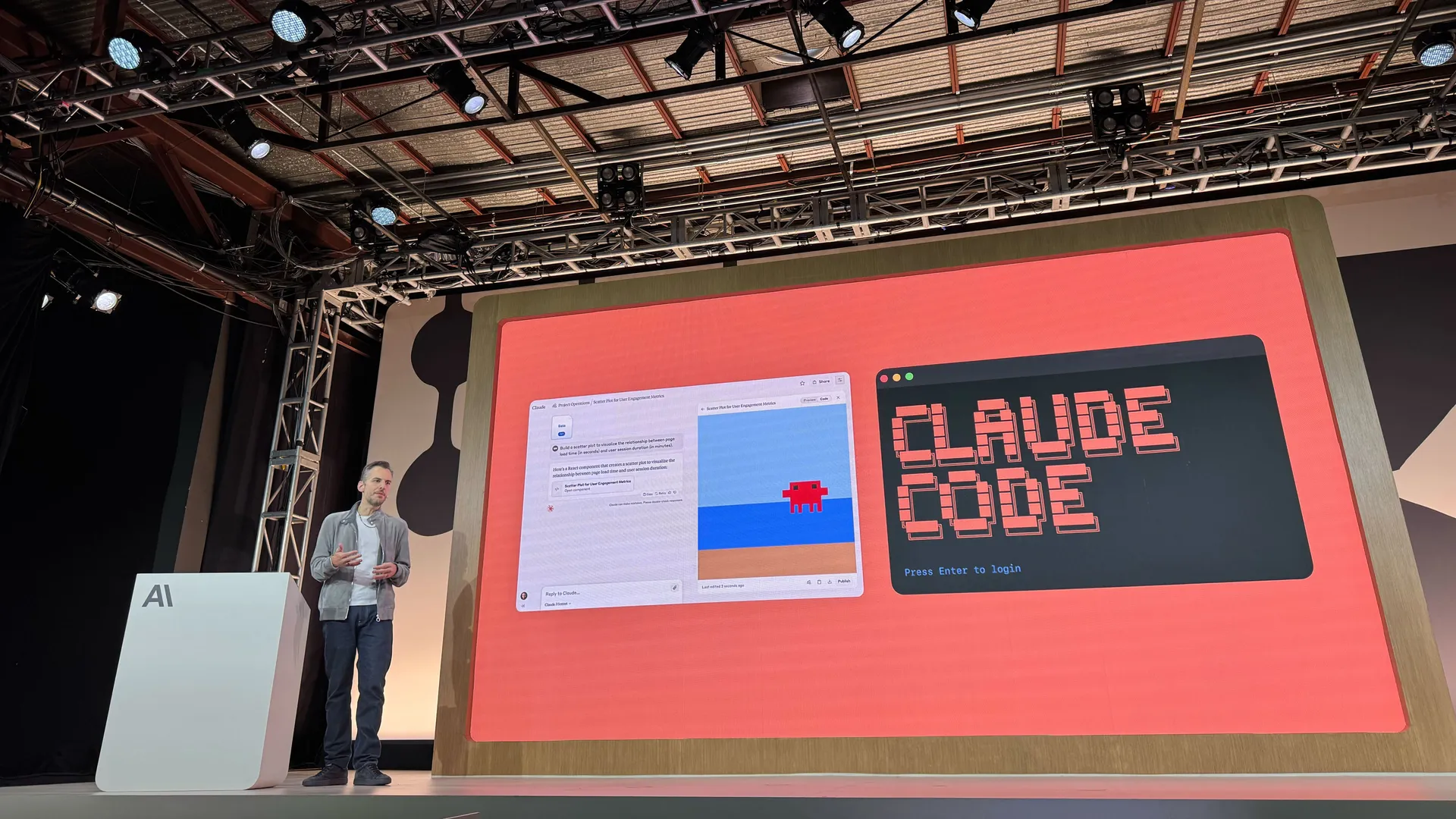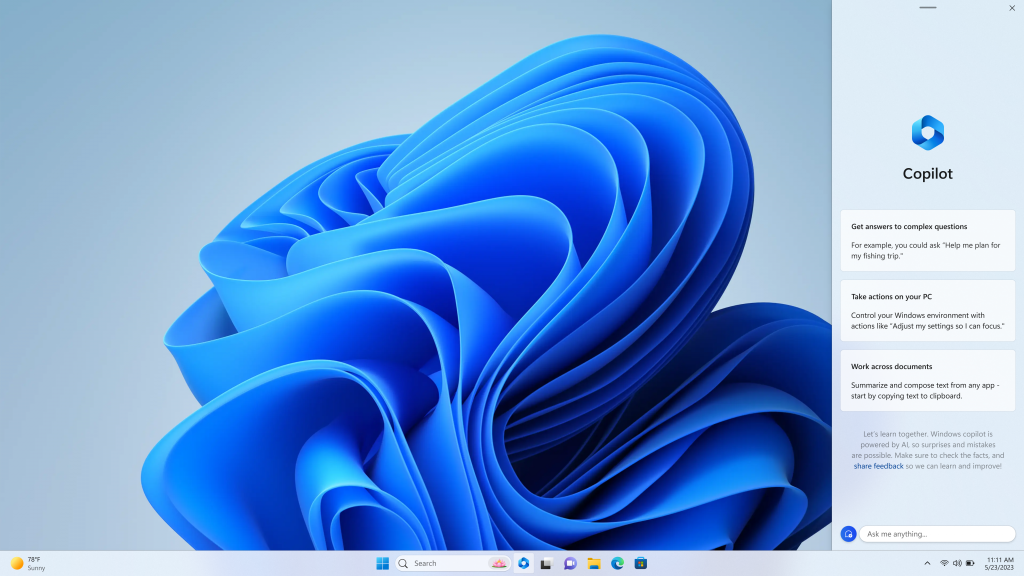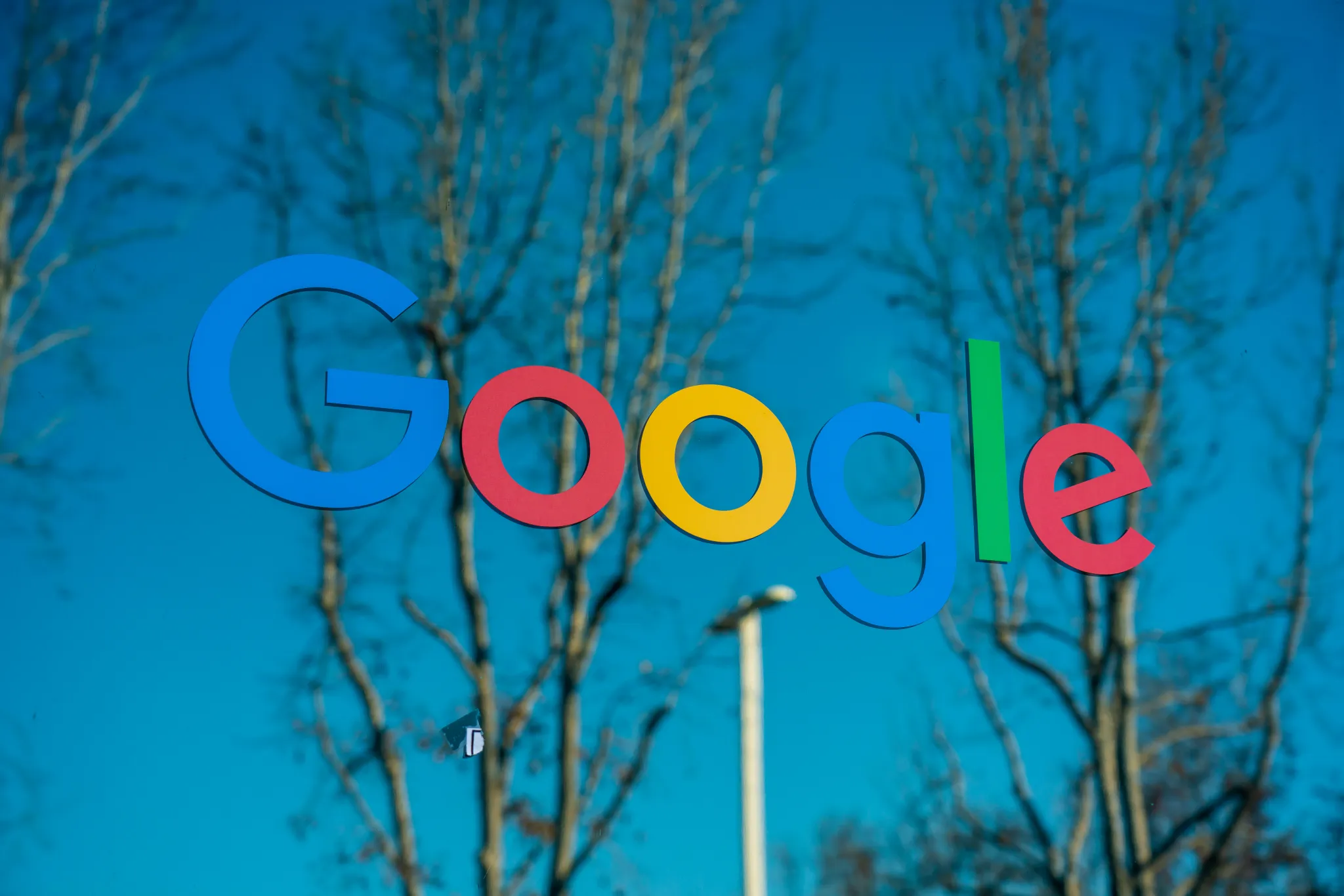Anthropic, a leading AI safety and research company, has officially launched Claude 4, its highly anticipated new family of AI models, setting a new benchmark for generative AI with unparalleled capabilities in coding, advanced reasoning, and autonomous agentic workflows. The release, featuring the flagship Claude Opus 4 and the more balanced Claude Sonnet 4, signals a significant leap forward in how AI can collaborate with humans on complex tasks.
Claude 4 is positioned as a direct competitor to other frontier models, with Anthropic making bold claims about its performance. For developers and businesses in Urangattiri, Kerala, and around the world, this means access to a more powerful, reliable, and context-aware AI assistant capable of tackling challenges previously beyond the reach of AI.
Key Highlights and Breakthroughs of Claude 4:
World-Class Coding Prowess: Claude Opus 4 is being hailed as the "world's best coding model," demonstrating exceptional performance on rigorous software engineering benchmarks like SWE-bench. It excels at writing, refactoring, and debugging code across entire projects, even handling long, multi-step development workflows.
Advanced Reasoning and Problem-Solving: Both Opus 4 and Sonnet 4 showcase significantly improved reasoning capabilities, tackling complex problems with enhanced lucidity and logical responses. They can switch between fast, instant responses for simple queries and "extended thinking" for deeper, more deliberate reasoning on intricate challenges.
Agentic Capabilities and Long-Horizon Tasks: A major breakthrough in Claude 4 is its ability to handle "long-horizon tasks," maintaining focus and context over extended periods (even hours) without losing track. This allows Claude 4 models to function more like autonomous agents, orchestrating complex workflows, managing multi-channel campaigns, and performing in-depth research independently.
Enhanced Memory and Context Retention: When granted access to local files, Claude 4 models can extract and retain key information, building an implicit knowledge base across user sessions. This addresses the "amnesia problem" common in previous AI models, enabling continuous and coherent engagement on multi-session projects.
Parallel Tool Use: Claude 4 can now simultaneously utilize multiple tools (like web search or internal APIs) rather than sequentially, dramatically speeding up complex operations and enhancing efficiency in agentic scenarios.
Improved Steerability and Control: Users gain greater control over the model's output, allowing for more precise instruction following and tailored results.
Balanced Performance (Opus 4 & Sonnet 4):
Claude Opus 4: The most intelligent and powerful model, designed for peak performance on complex, demanding tasks.
Claude Sonnet 4: Offers an optimal balance of capability, responsiveness, and cost-efficiency, making it ideal for high-volume production workloads and everyday development tasks.
Broad Availability: Claude 4 (Opus and Sonnet) is available through Anthropic's API, Amazon Bedrock, Google Cloud's Vertex AI, and directly via the Claude.ai web interface and mobile apps.
Impact on Industries and the Future of AI:
The launch of Claude 4 is set to significantly impact software development, research, content creation, and various enterprise workflows. Its advanced capabilities promise to accelerate innovation, enhance productivity, and enable new forms of human-AI collaboration. However, Anthropic also emphasizes its continued commitment to AI safety, implementing strict safety measures (like ASL-3) to address concerns related to the misuse of highly capable AI.
As AI models become increasingly autonomous and intelligent, Claude 4 represents a critical step in shaping a future where AI acts as a more powerful and intuitive collaborator, pushing the boundaries of what's possible in the digital landscape.








